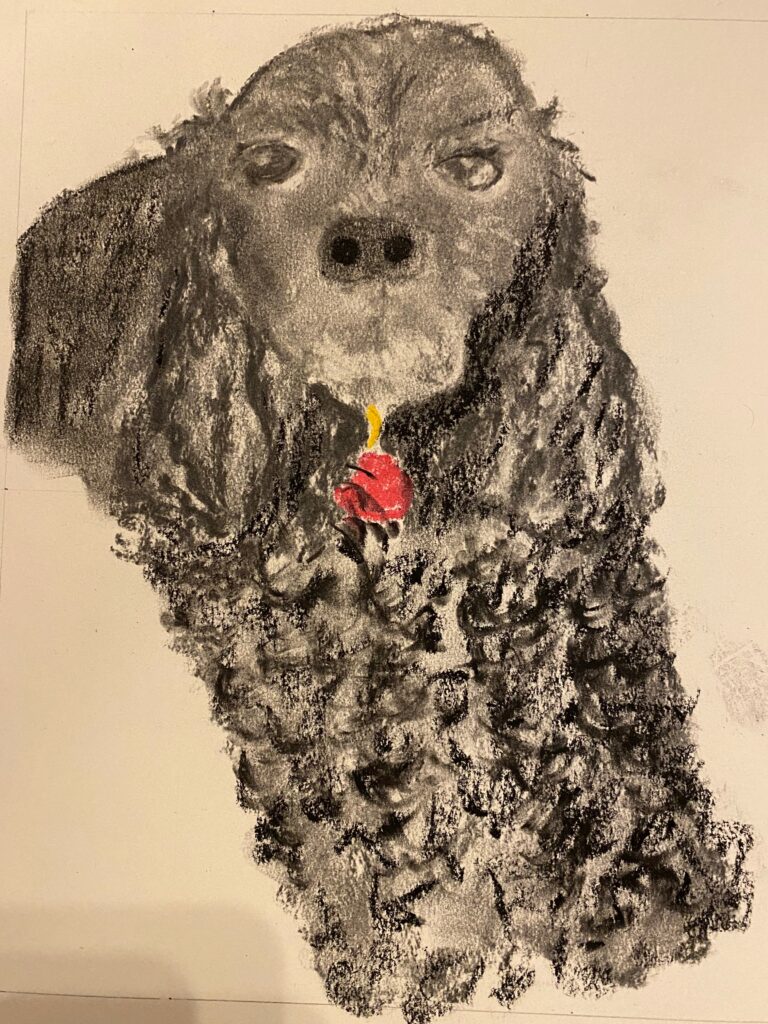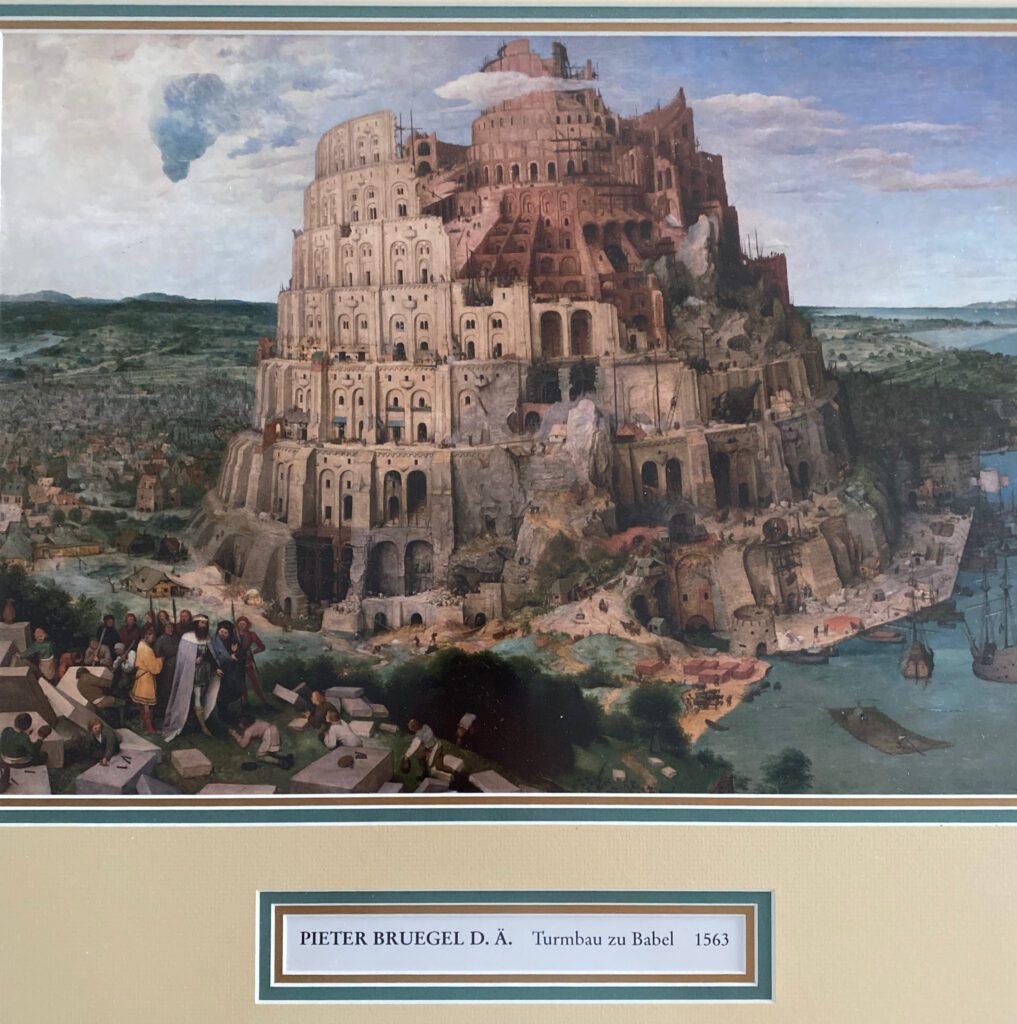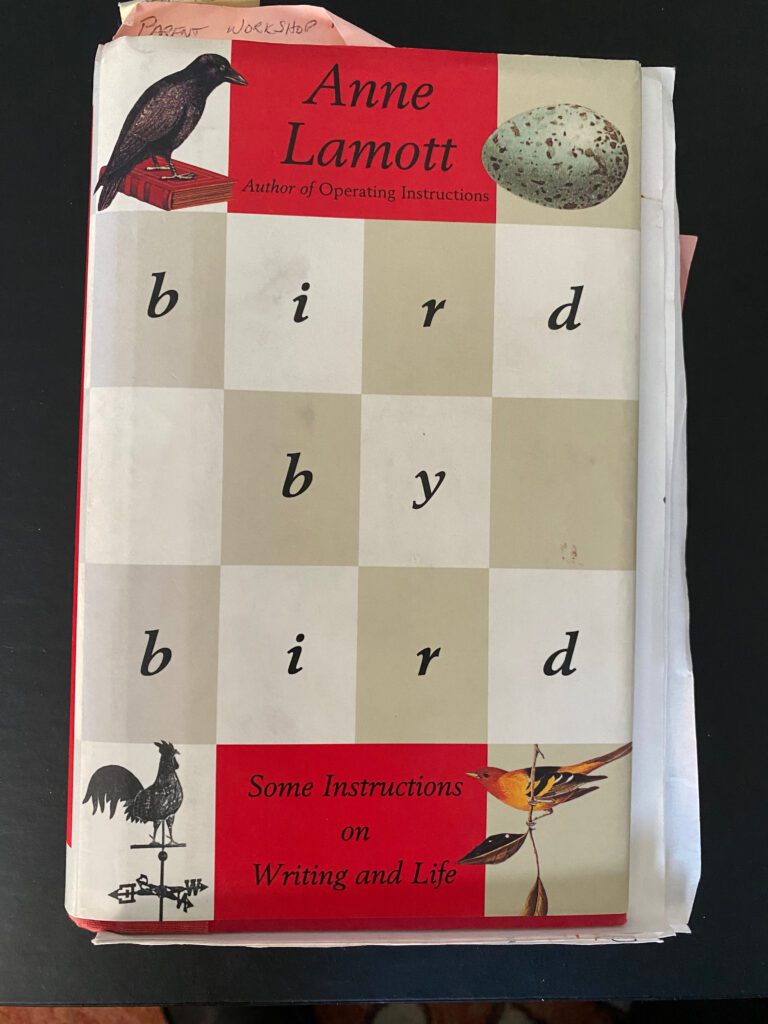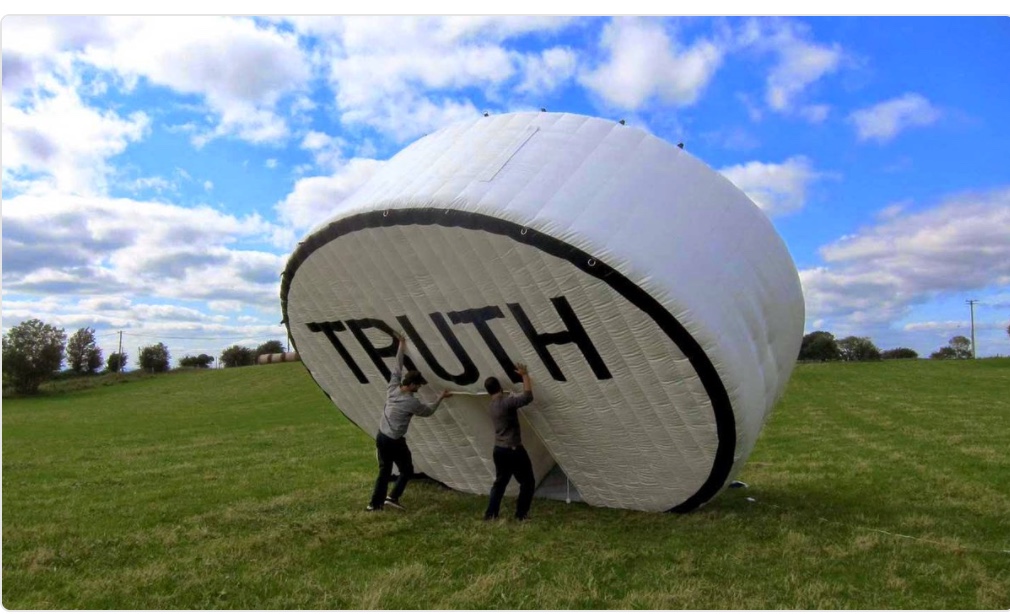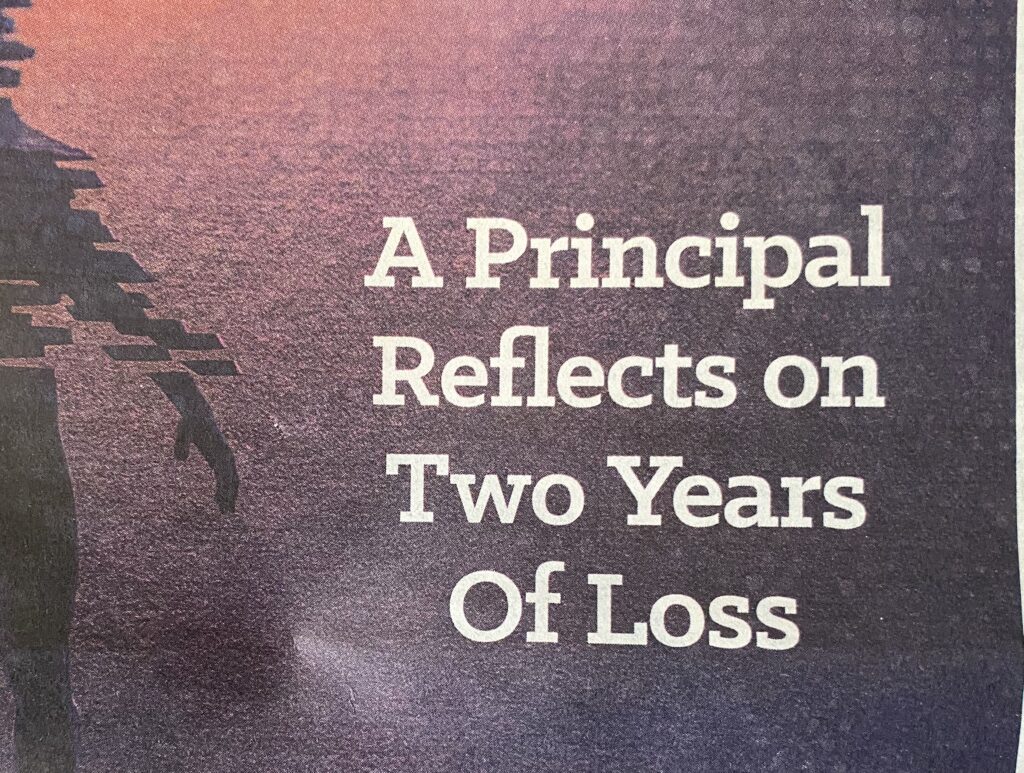No Wonder They Call Me Bitch…A New Connection
The opening lines of Anne Hodgman’s creative non-fiction essay, No Wonder They Call Me Bitch, are, “I’ve always wondered about dog food. Is a Gaines Burger really like a hamburger? Does dog Cheese taste like real cheese? Does Gravy Train actually make gravy in a dog’s bowl, or is that just liquid dissolved into crumbs? And exactly what are byproducts?” Living life as a writer and reader is much about the intersection of thoughts from what one is reading to the stories it conjures up through their lived experiences. Hodgman’s essay has served me well in this regard over the years since I first discovered it in the 1990 edition of Best American Essays.
As a lifelong, avid dog owner, her unique writing voice drew me in. The bonus was that I found myself learning something about dog food, which until then, I had thought nothing about… its ingredients or what is consumed by animals we eat, chickens, pigs, cattle, etc. My first connection while reading was a memory of my elementary school-aged daughter munching on one of our dog’s peanut butter flavored Milk Bone treats, which coincidentally found its way into Hodgman’s essay. It was like my daughter channeled her inner Hodgman with her sampling of a dog treat consisting of bone meal and chicken byproducts amongst the ingredients along with artificial peanut butter flavor. At the time it was more entertaining than thought provoking, and I didn’t pay much attention to the ingredients label on our dog’s food or treats during my early pet owning years.
…
No Wonder They Call Me Bitch…A New Connection Read More »
